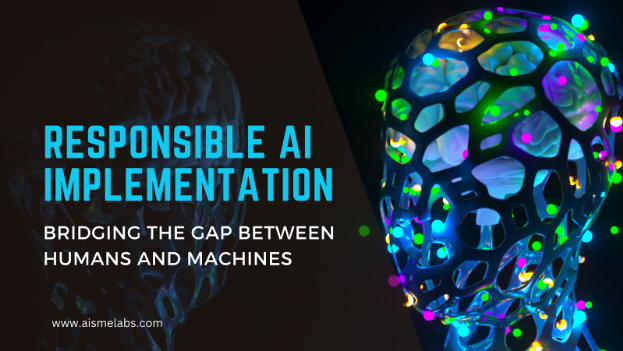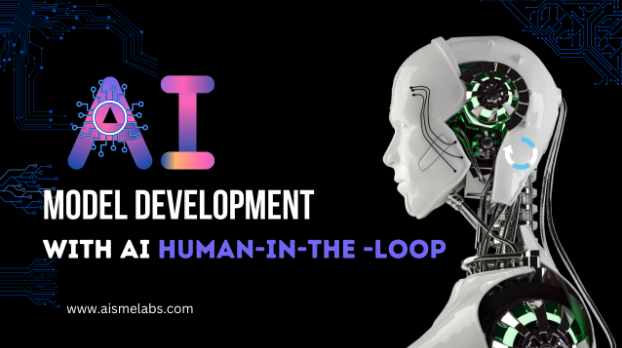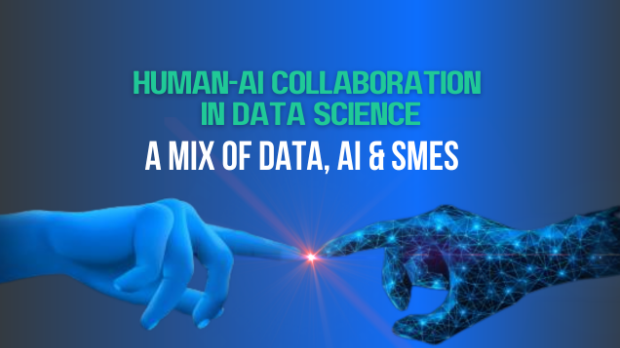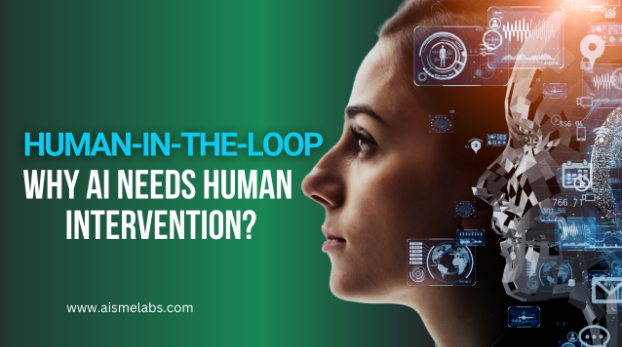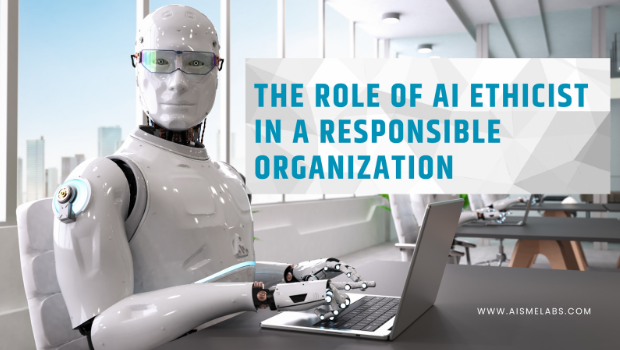The developments in artificial intelligence have created many opportunities for companies to automate and improve tasks that once used to require human intervention. However, as organizations start scaling up their use of AI, they may need to be considerate about AI ethics, data governance, trust, and legality.
According to Accenture’s 2022 Tech Vision research, “only 35% of global consumers trust how AI is implemented by organizations. Meanwhile, 77% think organizations must be held accountable for their misuse of AI.”
To capture business benefits, organizations need to be mindful of how they can implement Responsible AI. The article discusses the need for Responsible AI, potential challenges in implementation, and best practices to make AI responsible and prevent AI bias.
Why is Responsible AI Implementation Necessary?
As artificial intelligence’s influence grows, it is essential to design processes and systems to harness AI while balancing risk. Responsible AI is necessary to not only make the AI systems more trustable but also transparent, accountable, and ethical concerning user expectations, values, and societal laws.
Here is a list of a few benefits Responsible AI can provide us.
- Comprehensiveness in AI enables clearly defined testing and governance to prevent machine learning from being hacked easily.
- Transparency in AI is programmed to explain its purpose, rationale, and decision-making process so the end user can understand it.
- Ethics in AI initiatives have processes to identify and eliminate bias in AI and ML models.
- Efficiency in AI enables it to run continuously and respond quickly to changes in the operational environment.
The Challenges in Implementing AI with Ethics
While implementing Responsible AI is necessary to reduce AI’s risk of misuse and incorporate ethics in AI, adopting this approach brings several challenges. Let’s discuss some challenges that make it difficult to adopt Responsible AI.
Lack of transparency:
AI systems involve complex programming that can’t be explained to the common people. Moreover, AI-based products or applications are mostly kept secret to avoid security breaches and similar cyber threats. Due to this, AI systems become opaque and cannot explain why and how they generate specific results. This lack of transparency and explainability threatens trust in the system.
No privacy:
Today, citizens’ privacy is constantly at risk as companies collect consumer data and sell it without prior permission. And this has been made easier with the use of AI. For instance, facial recognition algorithms used worldwide are linked with applications and products to support their functionality. Such applications collect and sell huge amounts of user data without any consent.
Bias and discrimination:
Biases in the dataset on which AI systems are trained can lead to discrimination outcomes and negatively affect decision-making. For example, researchers found that when an AI algorithm was used in US hospitals to predict which patients may need extra medical care, it heavily favored patients over black.
Lack of governance and accountability:
When an AI system or application does something unethical, assigning blame or accountability to the system is challenging. While earlier governance functions had to deal with static processes, AI and data processes are iterative. Therefore, there is a need for governance processes and regulations that can hold AI accountable whenever it does something unethical.
Best Practices for Responsible AI Implementation
AI systems rely on large datasets, which can be sensitive. Organizations implementing AI systems need to ensure they’re not violating the rights of data subjects while gathering insights from users’ data. Also, by prioritizing Responsible AI implementation, you ensure that AI is used for the betterment of society.
Here are a few best practices for the implementation of Responsible AI.
Use a Human-Centered Design Approach
Considering how people will use and experience your AI system is important. Ensure the system is easy to understand and use and gives people full control. Consider adding aspects of augmentation and assistance in the system to provide users with options in suggestions. Engage humans/SMEs to ensure a human-centered design and integrate user feedback before and throughout AI system development.
Directly Examine Your Raw Data
AI models will reflect the data they’re trained on; if the data is erroneous or prone to bias, it will impact decision-making. Analyze your raw data to understand it. In case it’s not possible, e.g., with sensitive raw data, understand the input while ensuring data privacy, for instance, by computing aggregate and anonymized summaries.
Furthermore, identify potential skews during training and work to address them. For supervised models, ensure proper data labeling and consider the relationship between your data labels and the items you are trying to predict.
Identify Multiple Metrics to Assess Training & Monitoring
Use multiple metrics instead of a single one, as it will help you understand the tradeoff between different errors and experiences. You can do this by considering metrics, including feedback from user surveys, quantities tracking overall system performance, and false positives and negative rates across various subgroups. Also, make sure the metrics you use are appropriate for your system’s context and goals,
Identify & Address the Limitations of Your Dataset
Models that detect correlations should not be used for causal inferences. As they’re only a reflection of patterns found in their training data, it’s crucial to communicate the training scope and what the model can and can’t do. To build Responsible AI, you should communicate the model’s limitations to users so they know what to expect, enabling users to understand your model’s capabilities and limitations.
Continue Monitoring and Updating the System After Deployment
Continue monitoring the system even after deployment, as this will help evaluate the real-world performance of your model and fix the issues from time to time. Also, analyze how the updates will impact your system’s overall performance and user experience before updating a deployed model.
Identify and Address AI Bias with AISME
Since bias in AI can creep in through various ways, it is critical to understand the potential for AI bias and use the expertise of subject matter experts to avoid it. AISME enables a human-centric applied intelligence approach for your AI model development. Our team of subject matter experts works with your organization to plan your AI strategy, build AI models, and manage AI services to help you build an unbiased, transparent AI system.
Contact us to learn more about our services and start engaging with an SME to solve your AI challenges.

